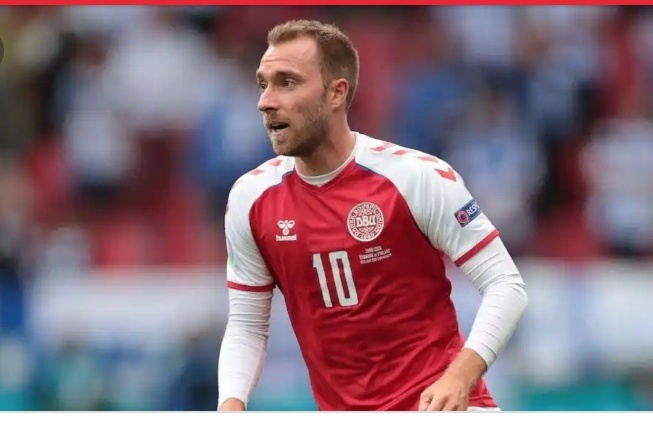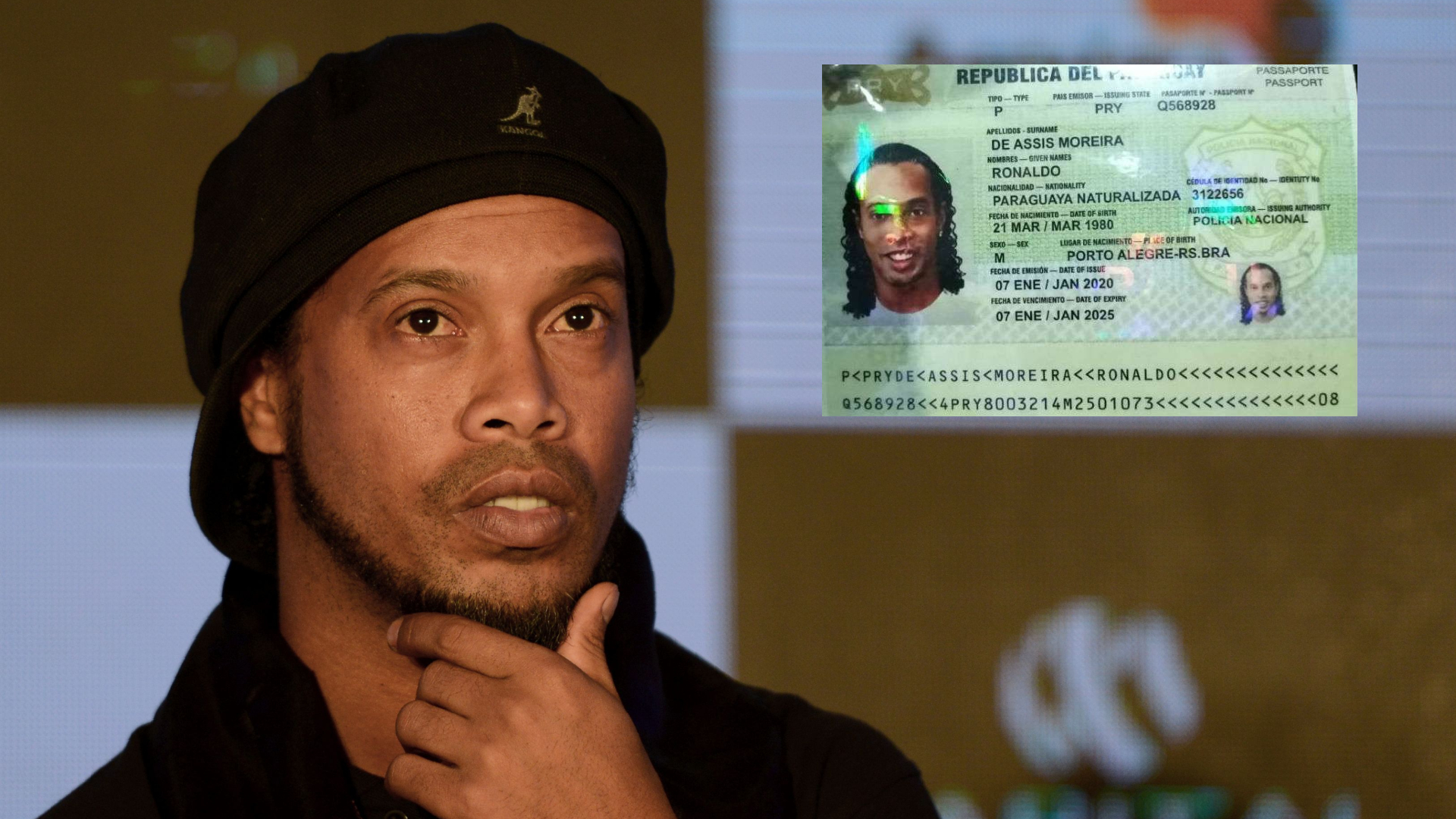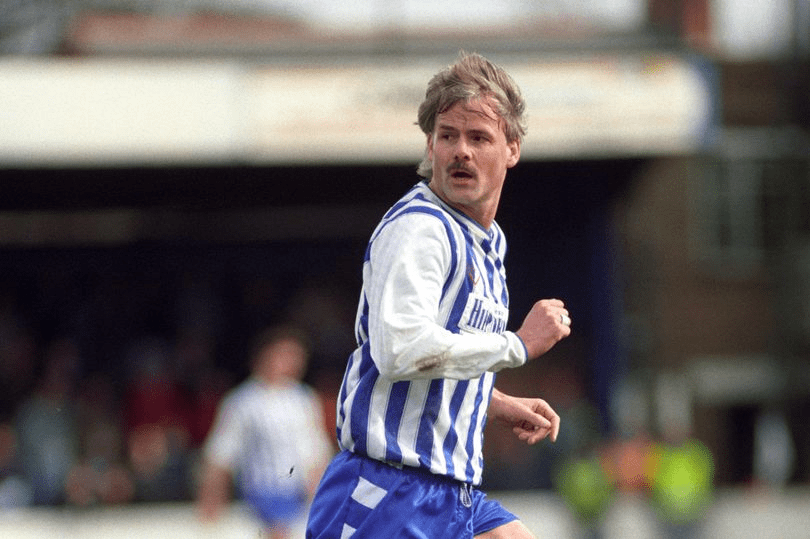Christian Eriksen Unlikely To Play Football Again – NHS Expert
Christian Eriksen is unlikely to play football again and Italy may ban the Inter Milan player from competing again if he has suffered a cardiac arrest, according to a leading cardiologist.
The 29-year-old collapsed on the pitch during Denmark’s Euro 2020 match with Finland on Saturday afternoon with a suspected cardiac arrest – with reports claiming the midfielder’s heart stopped for five minutes on the pitch.
The Denmark captain needed to be resuscitated and was stabilised by the time he was transferred to hospital, though there are still fears over his long-term health and his playing career.
Dr Scott Murray, a leading NHS consultant cardiologist specialising in prevention of heart problems, claims Italy pride themselves on their record of preventing cardiac arrests in football – so the Danish player’s problems will likely spell the end of his time in Serie A.
He told the MailOnline: ‘It probably is (the end of his career) for him. The Italians stop people participating in sport if they are found to have a significant cardiac abnormality, it’s in law.
‘They’ve been doing that for a long time, beyond 20 years and they’ve reduced the death rates from cardiac arrests in sport from beyond 3 per cent down to below one per cent.’
The Inter star went to ground unchallenged mid-way through the match in Copenhagen and received immediate CPR treatment from medical staff already present at the stadium.
The match as postponed just after 6pm on Saturday evening and Eriksen was then seen sitting upright whilst being stretchered off with an oxygen mask on his mouth.
He was admitted to hospital and the Danish FA confirmed that he was awake, conscious and his agent Michael Schoots confirmed that he was able to speak and talk whilst receiving more checks.
Dr Murray claims Italy, where Eriksen plays his club football with Inter, have one of the best systems in the world for checking and predicting potential heart problems – and the fact that Eriksen still suffered a cardiac arrest having shows how dangerous and unsuspecting heart problems can be.
He continued: ‘He (Eriksen) comes from an Italian club so he must have had all of the tests before he started. The Italians are the best at screening for heart disease in competitive athletes.
‘Italy has the greatest pre-participation screening in the world which tries to reduce events, but he still has an event on the pitch. So even if you screen, it can still happen.
‘It’s going to be difficult for him to eliminate, he’s still going to have that 0.01 per cent of people who will still have something happen.’
Eriksen will now face an uncertain future with regards to his playing career, with Dr Murray going through what the 29-year-old will now face in his hospital checks in terms of why the incident happened and what happens now.
‘He will require an ECG – a 12-lead electro cardiogram which measures the electrical activity in the heart to see what is going on,’ the NHS doctor claimed. ‘That can give various indicators into why this may have happened.
‘He will require a heart echo-cardiogram to see what’s happening to his heart muscle. He will also need a cardiac MRI scan – a detailed scan of his heart muscle to see whether there’s any scarring.
‘He will need extensive investigation and probably a special pacemaker called a defibrilator which monitors every heartbeat and is about to tell you when the heart is about to do this again. If it does, the defibrilator can shock the heart internally.’
If Eriksen does end up retiring from football, then this incident can bring about a positive impact on society. Dr Murray claims that the high-profile nature of this case – on the European stage in front of millions of television viewers – can help members of the public become more aware of heart problems and how to respond to them.
He said: ‘I think this is going to create an enormous amount of awareness – if you can get rapid medical assistance, you can save lives.
‘In the public, everyone must learn how to do CPR, how to refer to medical services, everyone must know where the nearest defibrillator is.
‘We’ve seen this in high-profile cases such as Fabrice Muamba and also people who are less fortunate like someone from my hometown – Phil O’Donnell – who died on the pitch.
‘This is happening week in, week out. What people need to realise is this is an awakening for people: it happens to players, not just elite players at national level – this happens at grassroots level. This happens on Sunday league pitches. The more we realise that, the more we are able to deal with it if it does happen and save lives.’








